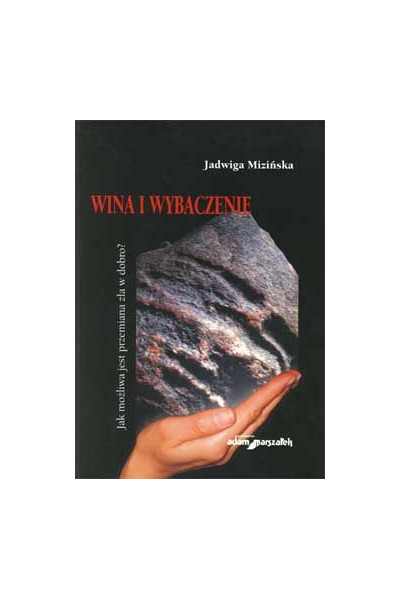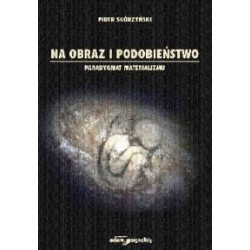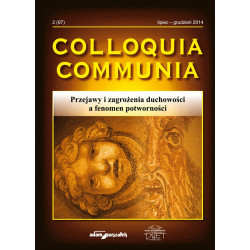



Raz jeszcze przypomnimy słowa Tomasza Manna: wina rodzi ducha. Są one tak ogólne, iż nie precyzują, w kim ów duch się rodzi: w winowajcy czy w pokrzywdzonym. W świetle Levinasowskiej wizji etycznej jest to właściwie drugorzędna sprawa. Nieistotne, czy proces odkupieńczy rozpocznie się od jednego, czy od drugiego końca nici, jaką spojeni są ze sobą ludzie [...]. Najważniejsze, aby te nici splatały się ze sobą w sieć - w tę samą sieć, w którą jest też uwikłany sam Nieskończony. Najważniejsze jest, aby z ""intrygi"" związanej na początku przez Boga klarowało się Dobro. Nie jest ono od razu dane w czystej postaci, w swej esencji. Tym bardziej, że i Nieskończony nie jest esencją, lecz - relacją
Wszystko, co się jawi złem: cierpieniem, winą, krzywdą, jest niby paliwo do rozpłomieniania ogniska miłości. W jego ogniu, zażegniętym w ludzkich sercach, owo zło ulega swoistej utylizacji i recyklingowi - przemienia się w Dobro. [...] staje się stymulatorem rozwoju duchowego, czyli człowieczeństwa. [...]

Published: brak danych

Published: 2014